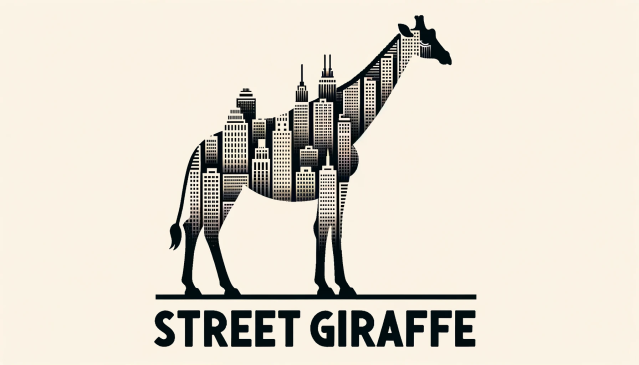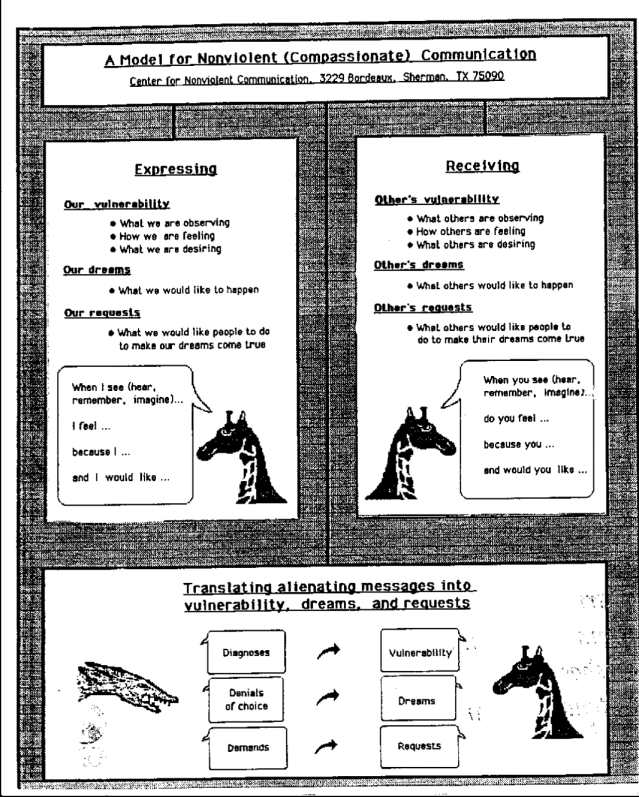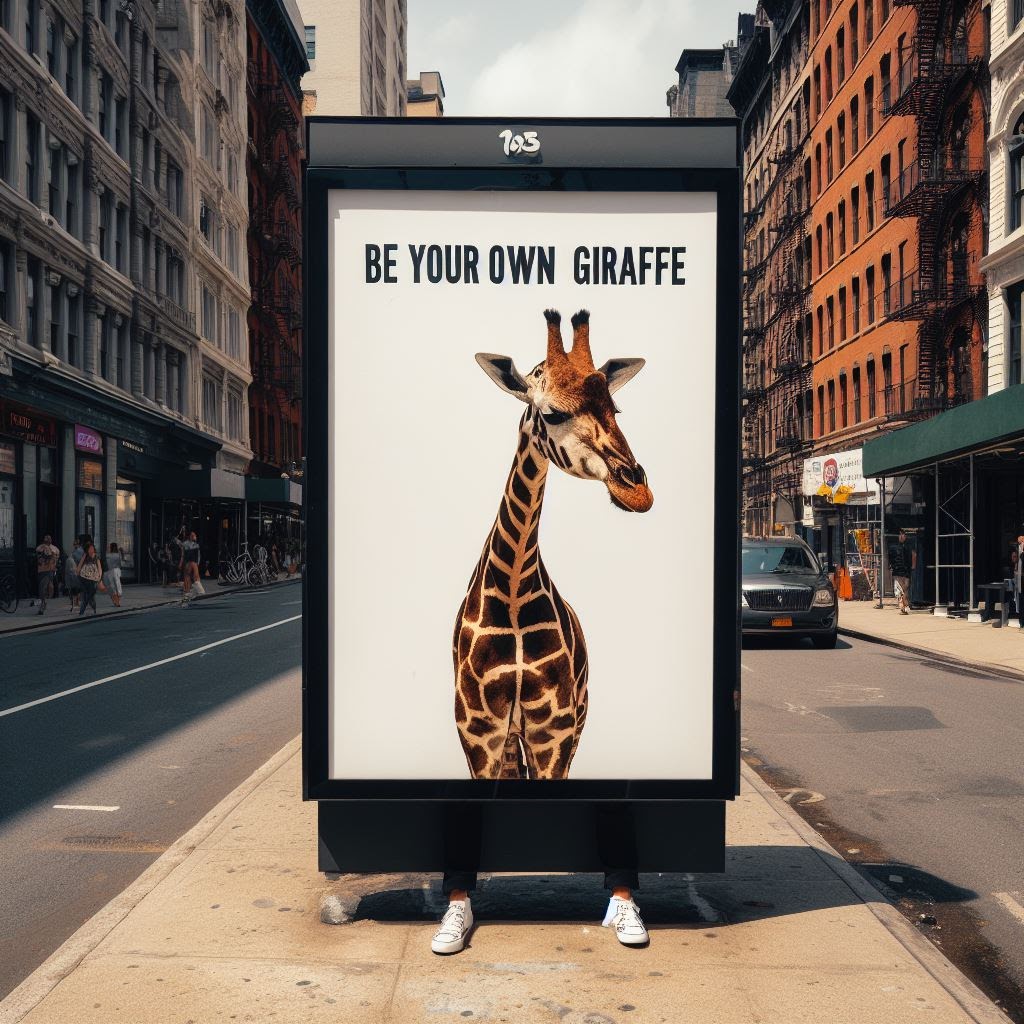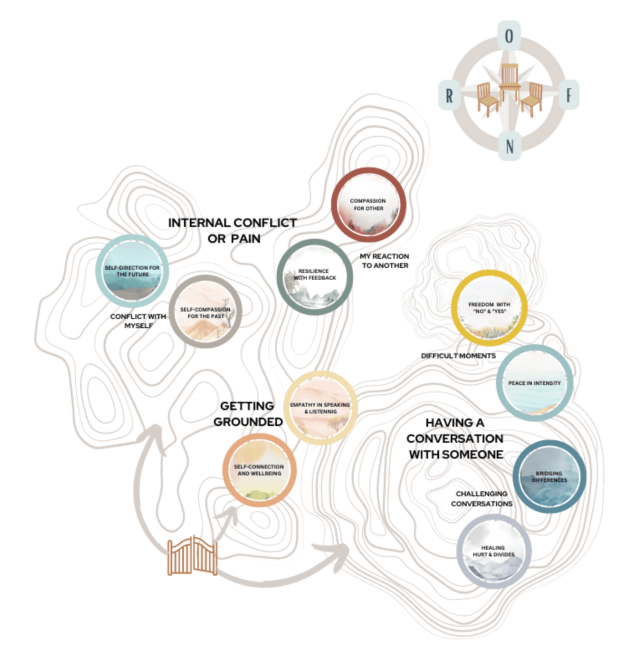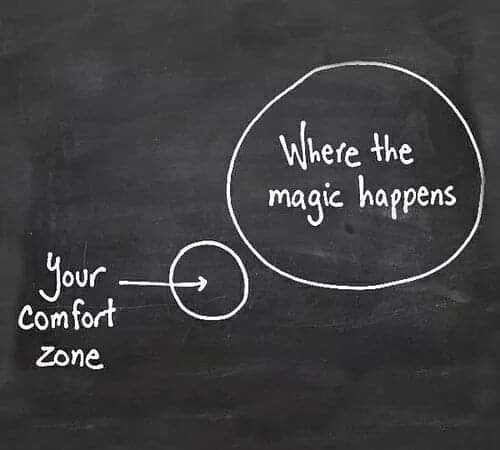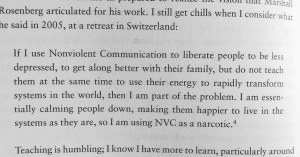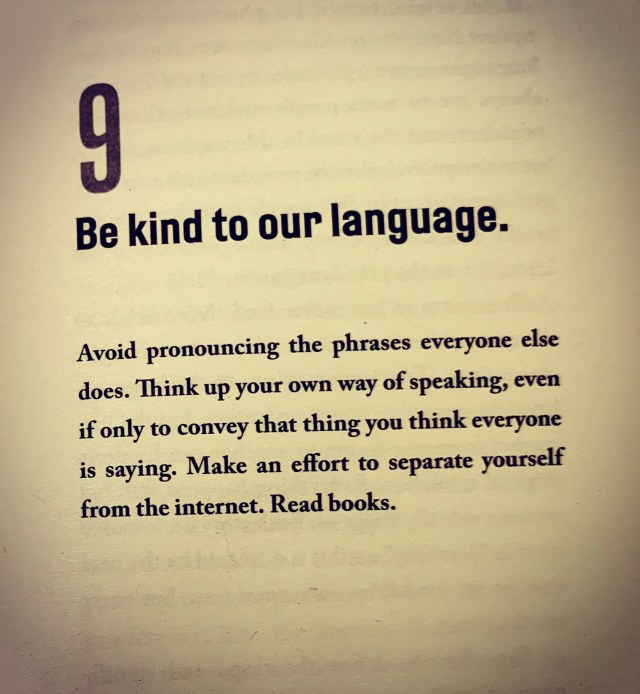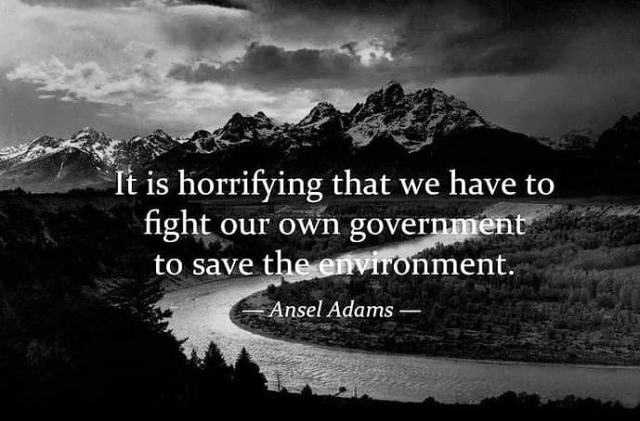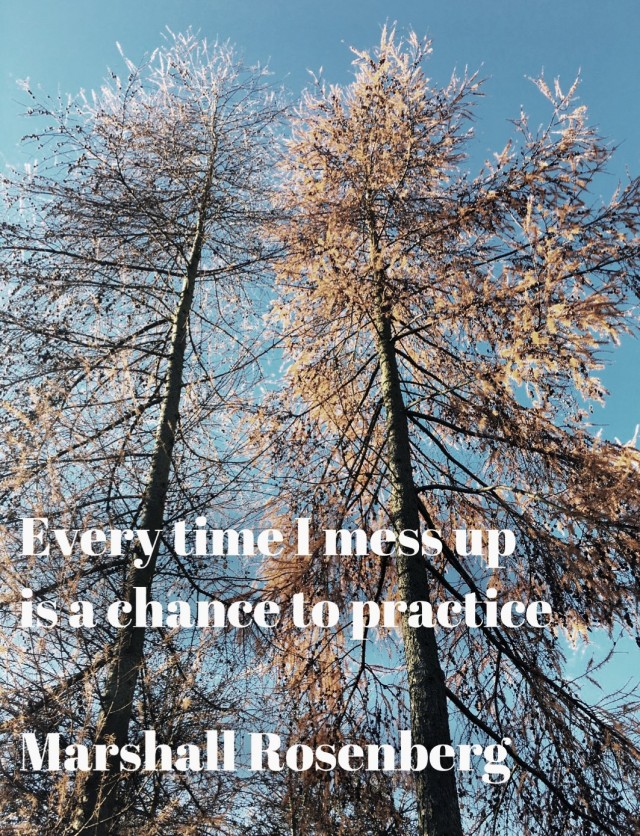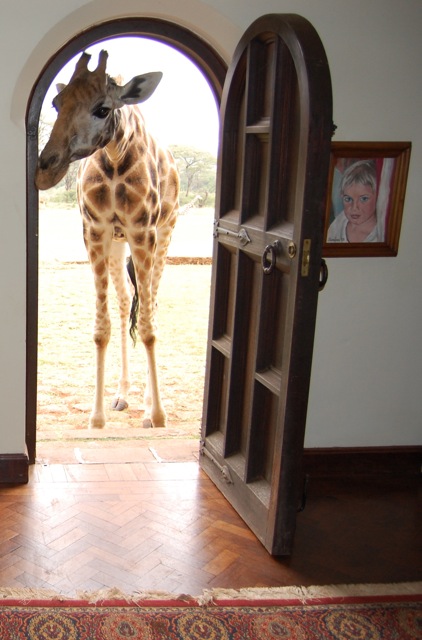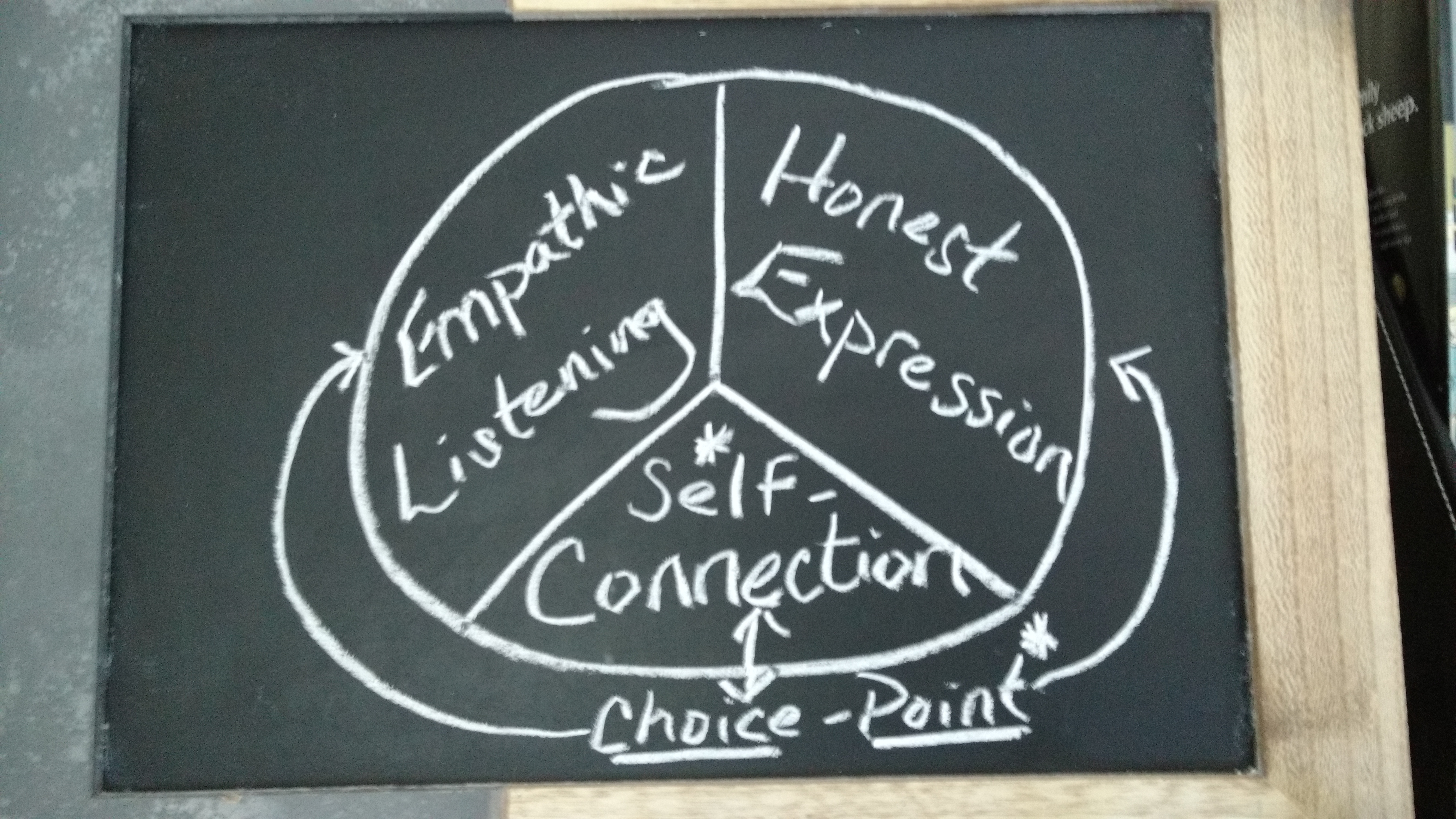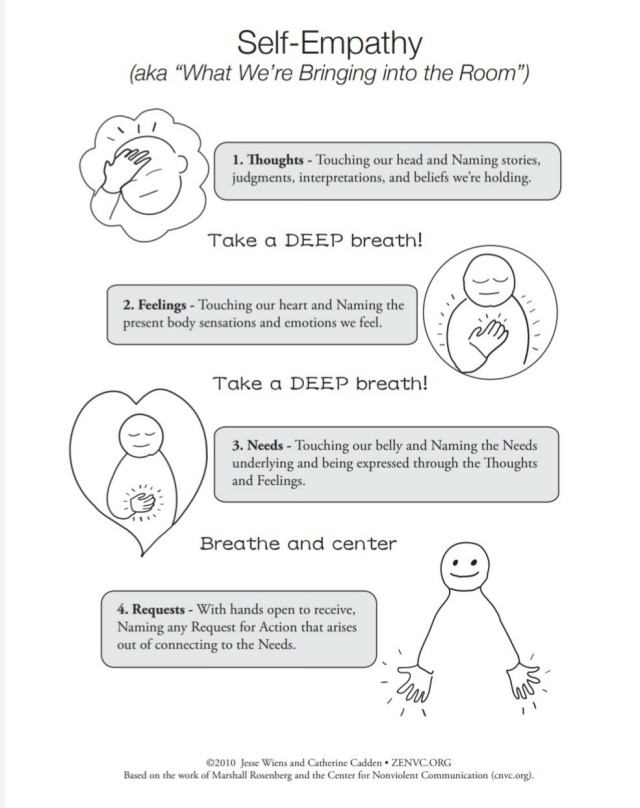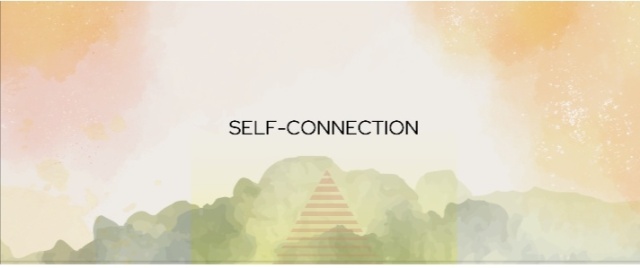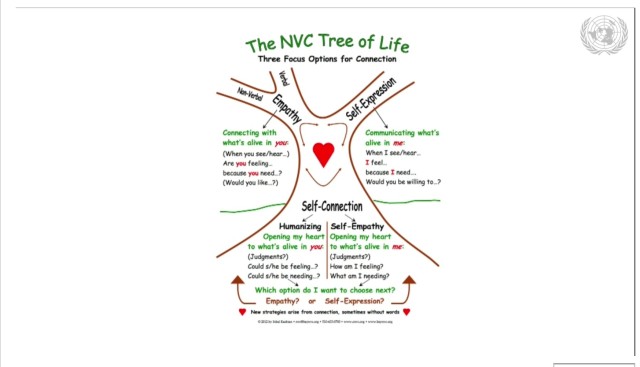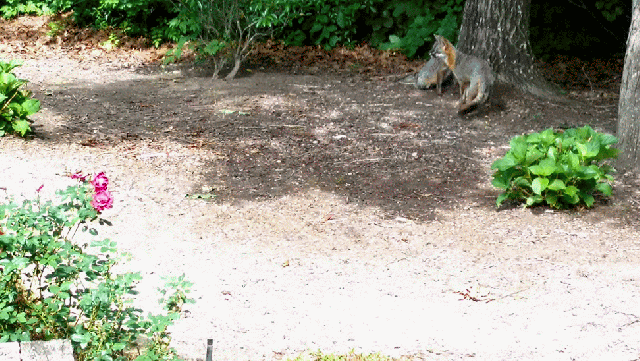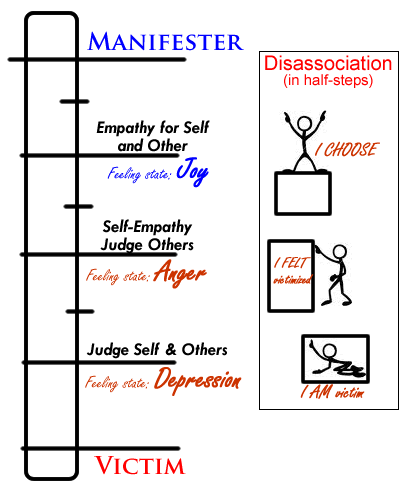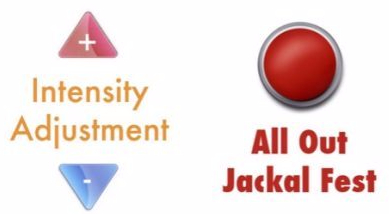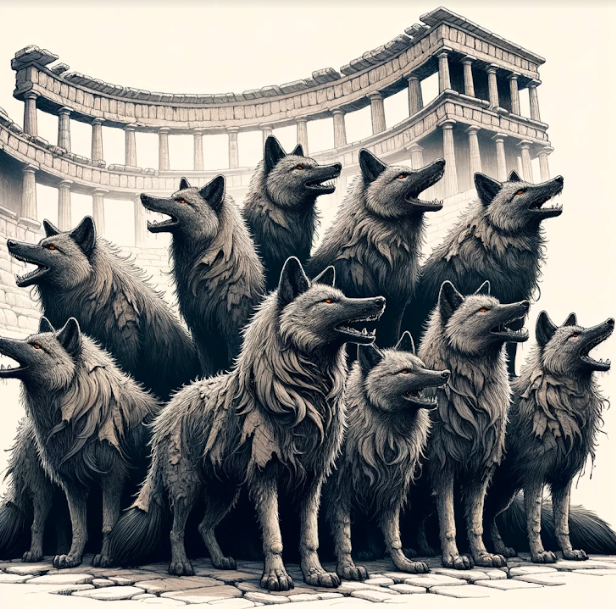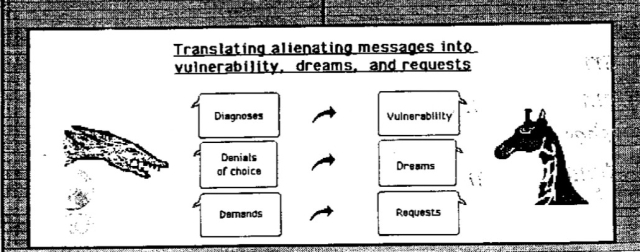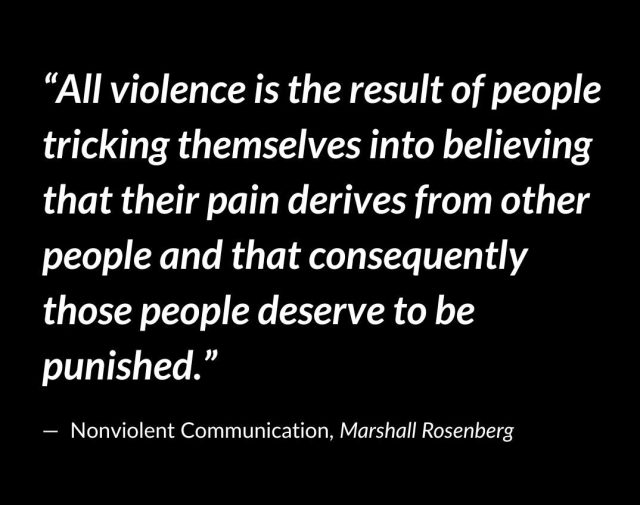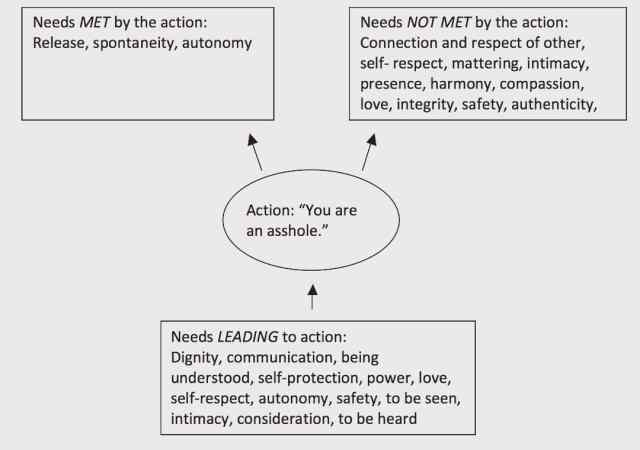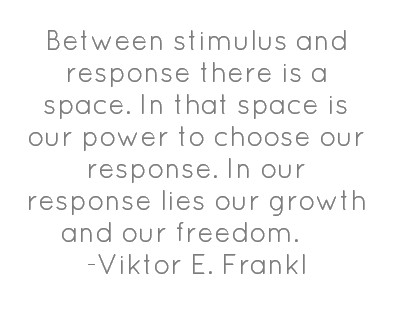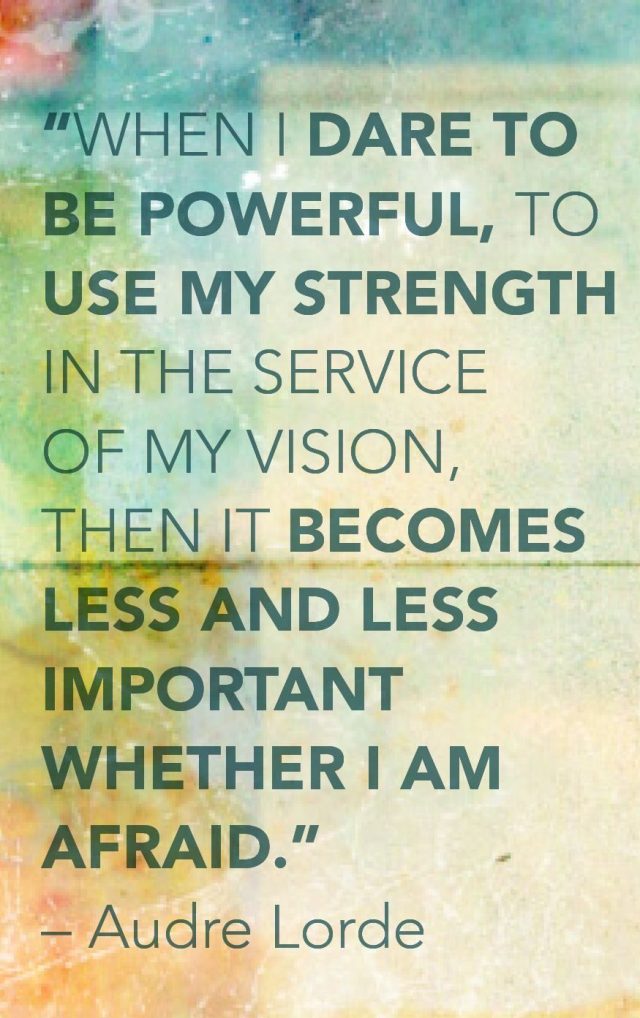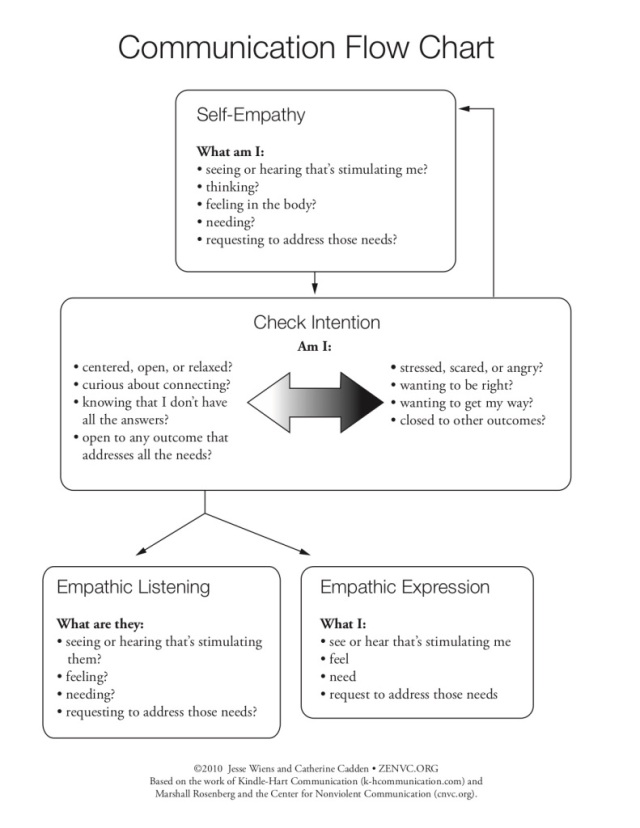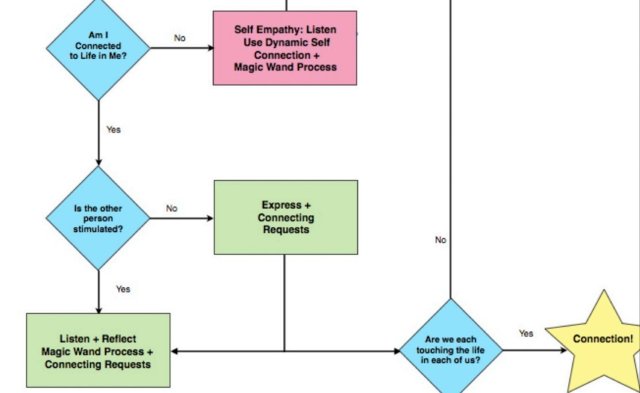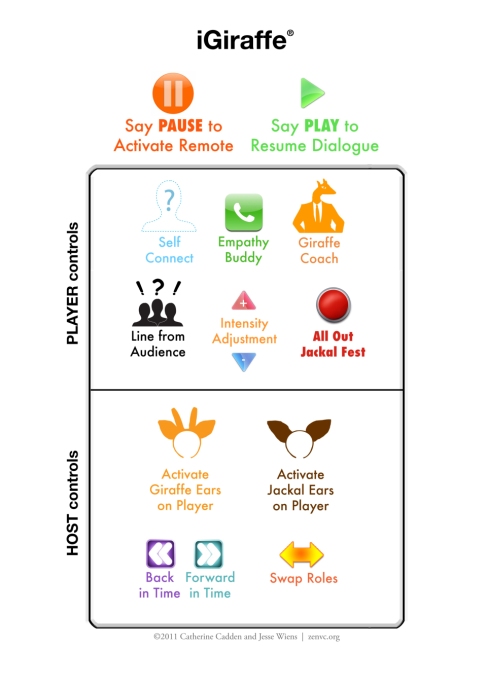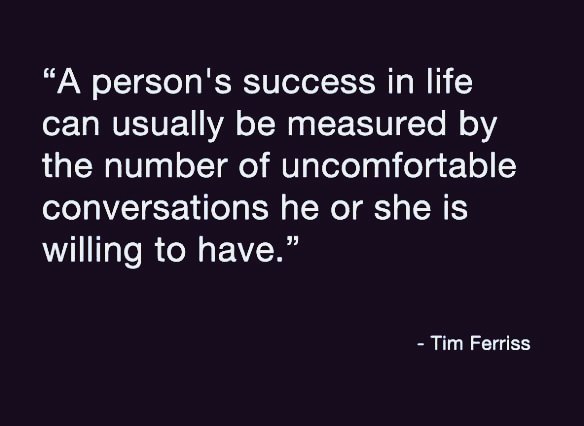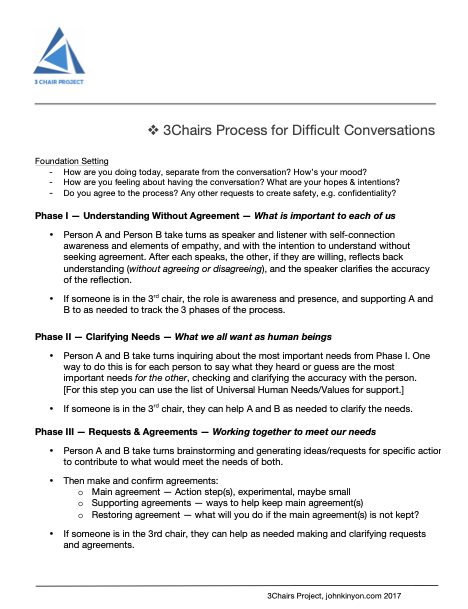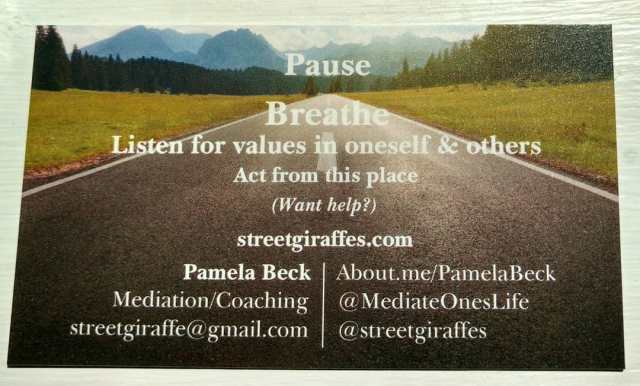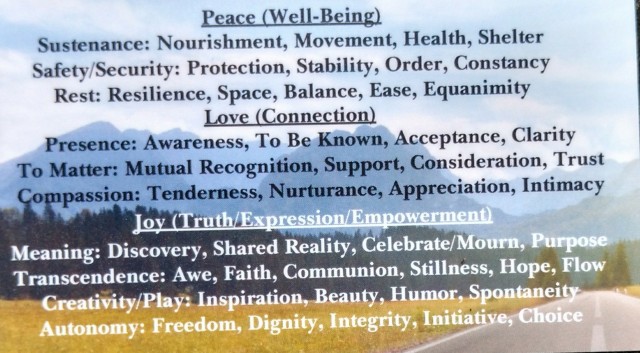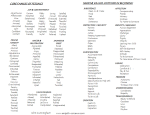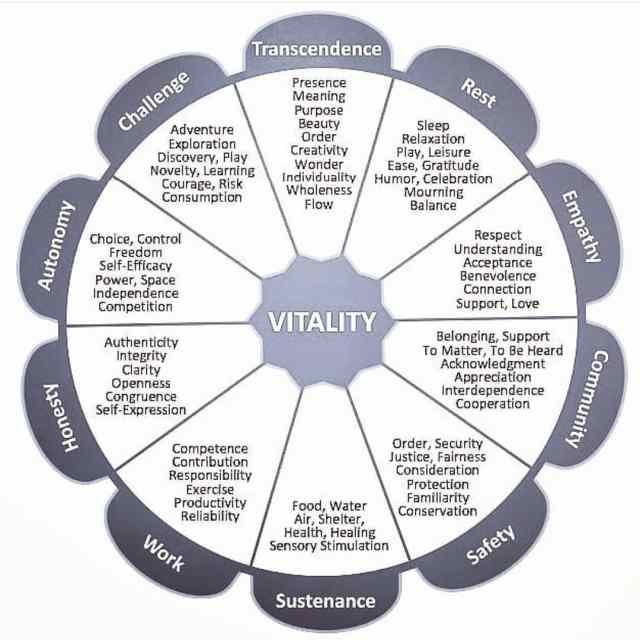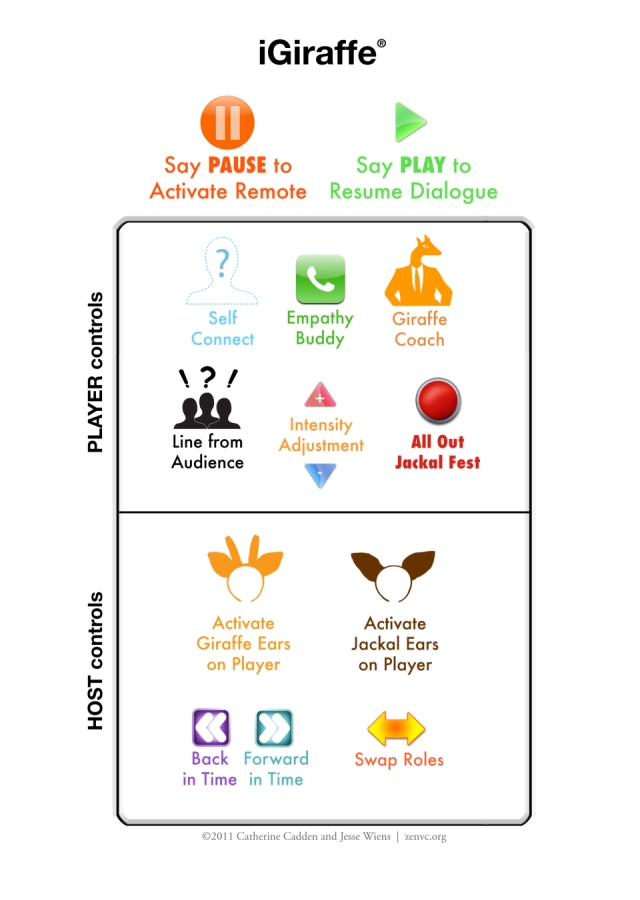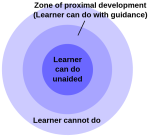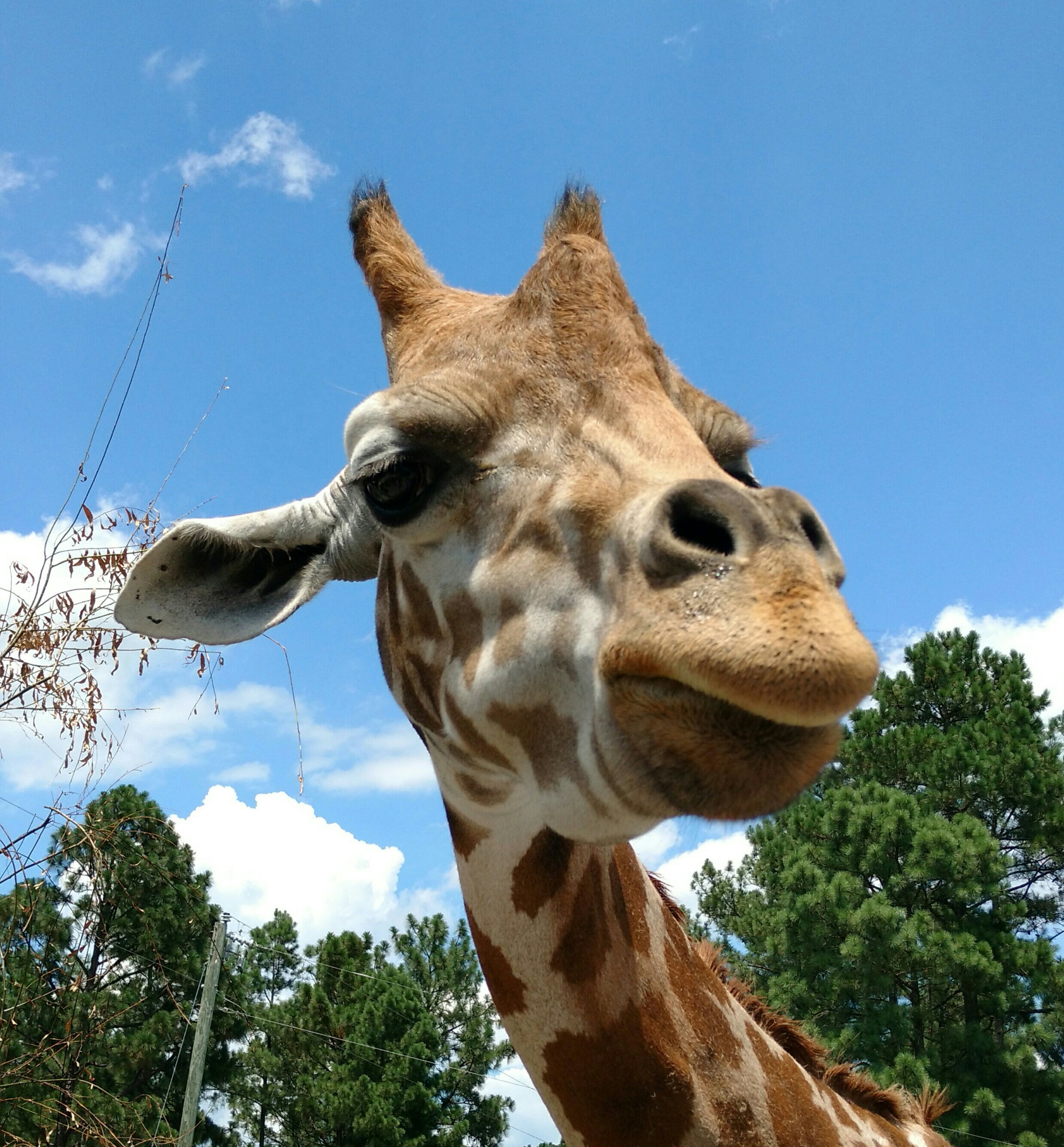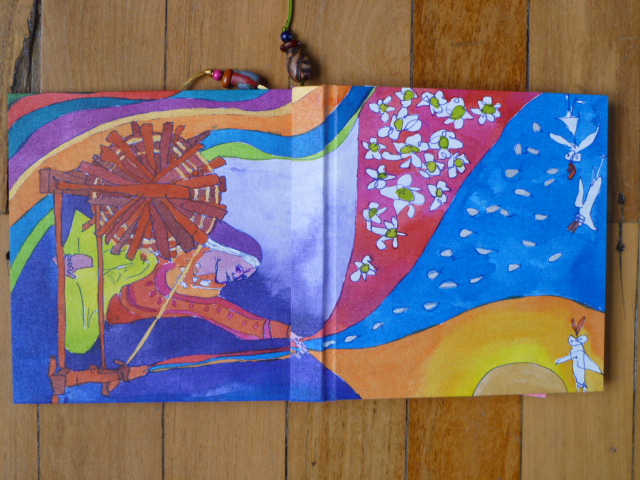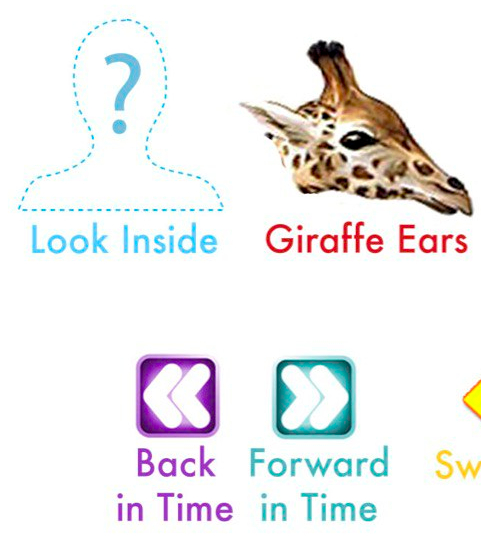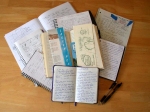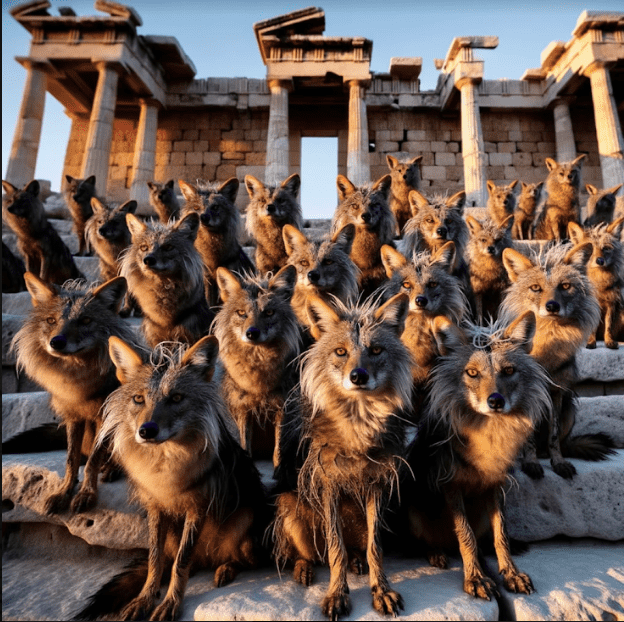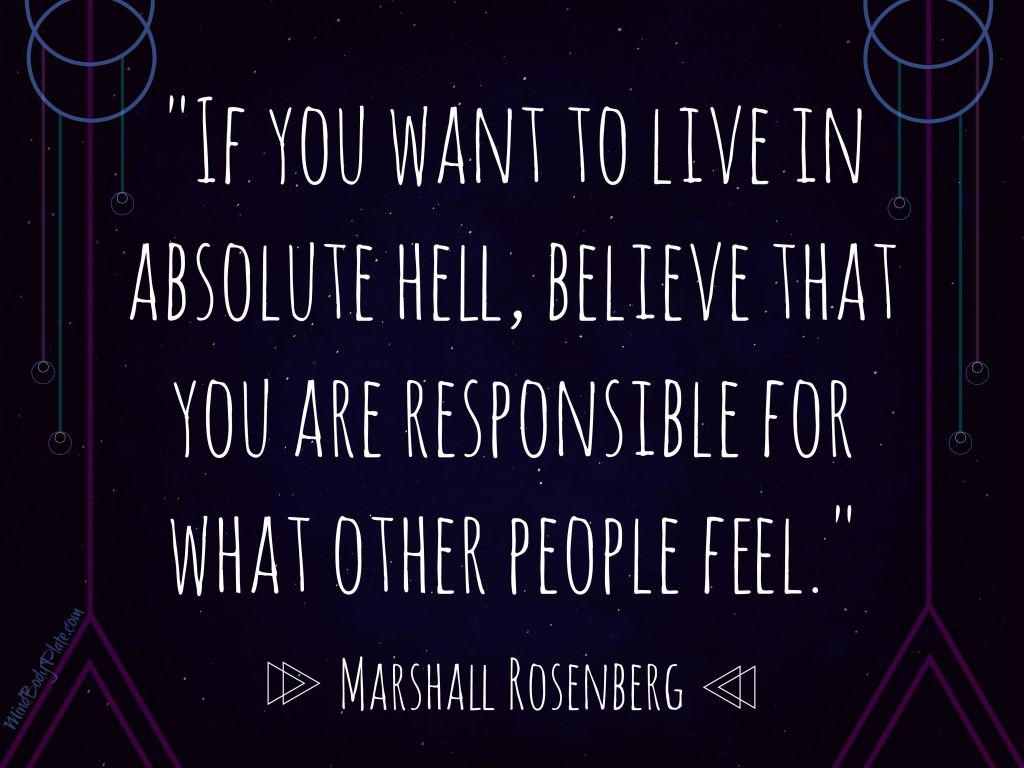What’s Up Next?
August 6, 2017 ~ Atlas Shrugs?
The Power of Outrospection

Inquiry:
How does your awareness of the living-energy of needs factor into your practice of nonviolence more broadly, such as with social change agency (i.e. how might it be utilized as a resource for a more mindful existence within a larger, societal context)? How does engagement with the world at large influence you as a practitioner of Nonviolence/NVC?
Gadfly Ethics Courtesy of Pearson Scott Foresman
Courtesy of Pearson Scott Foresman
Gadfly: The Life of Socrates
The Gadfly Analogy made by Socrates in Plato’s Apology –
Philosophy Core Concepts
Socratic Questioning – Changing Minds
While considering an area of societal concern that you may have…
Reflection Questions:
- What keeps you from moving forward (with reference to your issue/concern)?
- What support do you need to go forward?
- What beliefs might keep you from changing or going forward?
Tools:
The Spiral of the Work
I keep the Spiral in my toolbox, close at hand on a daily basis, and move through its four stations often (when I’m unsettled after a phone call, for instance), however I’m incorporating it in the context of this Sunday’s call/post more in the spirit with which it was originally designed, to support, even amplify, our engagement with the world
The four stations of Joanna Macy’s Spiral of the Work That Reconnects are deliberatively a part of how our call is constructed, however the spiral can also be used with open-ended sentences, dyad work, etc. to deepen our engagement with things that we might ordinarily glance past. As indicated in the opening inquiry, we will identify the qualities of needs as a generative resource (a dyad practice). I’ll offer more details during the call, however it mostly entails allowing the spaciousness — to both ourselves and others — to apprehend a need in the same way you might during a wine tasting gathering (with each swooshing it about, discerning its distinctive qualities, breathing in its aroma, etc. — this works both when someone prompts us to flesh out a need that they themselves name and/or when we choose one and then describe, even free-associate, while in the presence of another.
Lastly, to place this building of a “need connoisseur” muscle in context, it’s also useful to identify a troubling scenario and infuse one’s recollection with the qualities of whatever need wasn’t attended to, in that moment. Imbibe of the memory of this event, while infused with the living-energy of need(s).
We’ll link our practice of apprehending mourning/beauty of needs with an exploration of Nonviolence — the tradition from which NVC stems — in the context of social change [agency — specifically vis-a-vis Joanna Macy’s work, as it relates to the environment].

What is the city but the people? ~ Shakespeare
Personal Growth and Social Change (Part 1) | The Fearless Heart
by Miki Kashtan
Excerpt:
Beyond Personal Growth
On the personal level, the practice of NVC supports the inner work necessary to maintain a stance of nonviolence even in difficult circumstances. However, personal growth, “being the change,” is only one aspect of the work. How do we work towards creating change at the structural level? However we conceive of leverage points for structural change, we would need to organize and act with others to create shifts. For that, we need concrete practices to bring our consciousness and practice of nonviolence to go beyond the personal, inner work… (continues) (2) (3) (4) (5) (6)
|
20th Century as the Age of Introspection… 21st Cenurty as the Age of Outrospection?
|
|||

Farnese Atlas (Museo Archeologico Nazionale, Naples)
Courtesy of Gabriel Seah via Wikimedia Commons
Utilizing OFNR ~ towards Social Change [Agency]
- Naming a statement that would encapsulates what triggers your despair/judgment
- Noticing the uncomfortable feelings you have when you contemplate this statement
- Uncovering the need or value behind that feeling
- Really basking in the dream you have for the world to manifest your value — bring it to life; and noticing how such a rich experience of your dream sustains your resilience and uplifts your feelings
- Finally — while remaining in such a resourceful space, finding the need of the other/others — for whom you have ‘enemy images’ — that might have led them to the conduct you disdain (that was originally such a trigger for our judgment)
An example of a statement that triggers despair/judgment:
Eight year old Sasha, “The planet is getting warmer. We know about global warming and pollution and everything, but it’s getting worse. And that’s why we should care.”
What follows is an example of “celebrating judgments” or “enjoying the jackal show” (in order to surface what is being valued, in this instance, by me). FYI ~ Near bottom of this post, just beneath the next drawing of a gadfly, you’ll find more on Joanna Macy’s Spiral of the Work That Reconnects.
In July, New York Magazine published a harrowing portrait meant to depict a worst-case scenario with reference to the planet:
The Uninhabitable Earth
See, too: 10 ‘Uninhabitable Earth’ Further Reading Books 2017 – NYMag
It quickly became a lightning rod, as the most read article in the magazine’s history while sparking an ongoing debate as to the merits of the piece, i.e. accuracy, validity, contextualization, etc. (amongst the community of climatologists and climate change communicators): see WaPo — Scientists challenge magazine story about ‘uninhabitable Earth’ & Did that New York magazine climate story freak you out? Good. – Vox for more.
1/x. For those following debate about my climate story, I’d suggest the @ClimateFdbk survey of scientist response: https://t.co/hTfVO4XqbX
— David Wallace-Wells (@dwallacewells) July 13, 2017
It has been a sprint to put this together, but here is the fully annotated and footnoted version of my climate story https://t.co/o5q4dgbsW6
— David Wallace-Wells (@dwallacewells) July 14, 2017
This is an extremely unusual, perhaps unprecedented step towards full “show your work” transparency for us.
— David Wallace-Wells (@dwallacewells) July 14, 2017
While following the debate via Twitter, a watershed moment came, for me, when one climatologist gently chided another for overreacting to the piece… (What a moment in the history of the human species to be a fly-on-the-proverbial-wall eyewitness to this dialogue, among two ‘observational’ maestros, which only seemed to underscore the razor’s edge on which our civilization is currently perched):
Tweet Link (for broader context):
Not a big fan of the doomist framing of new @NYMag article (“The Uninhabitable Earth”). My take on it: https://t.co/MYt6ijQ8X1
— Michael E. Mann (@MichaelEMann) July 10, 2017
Michael, I usually agree with you, but I think you overreacted: the framing is clearly about #climate evolution w/o aggressive mitigation
— JPascal van Ypersele (@JPvanYpersele) July 10, 2017
Of course, it’s essential to speak (& tweet!) about solutions, which both you & I are doing, but knowing what we are trying to avoid matters
— JPascal van Ypersele (@JPvanYpersele) July 10, 2017
Agreed. One must convey the gravity of the threat (which as you know, I always seek to do), while conveying the path forward that exists…
— Michael E. Mann (@MichaelEMann) July 10, 2017
Also, the @NYMag article speaks about PARTS of the Earth becoming uninhabitable by 2100, and that is correct, unfortunately (if only SLR!)
— JPascal van Ypersele (@JPvanYpersele) July 10, 2017
If a 2°C, then a 1.5°C target were adopted in Paris, it’s thanks to a better understanding of the risks of the “doom & gloom” scenario
— JPascal van Ypersele (@JPvanYpersele) July 10, 2017
HI J-P. All about framing & emphasis. Readers complained about being depressed after reading. That’s why I felt I had to comment (1/2)
— Michael E. Mann (@MichaelEMann) July 10, 2017
Plus, some of the science is simply misreported in an exaggerated way, as I point out. That’s just facts, not framing/opinion (2/2)
— Michael E. Mann (@MichaelEMann) July 10, 2017
FYI ~ In a separate tweet, about a week later:
I agree with @drvox. “Did that New York magazine climate story freak you out? Good.” https://t.co/2TBxgGH666 via @voxdotcom
— JPascal van Ypersele (@JPvanYpersele) July 17, 2017
Full disclosure:
It’s also worth mentioning…
That I was so caught up by following all of the back and forth debate regarding the New York magazine piece — retweeting and prefacing, etc. — that I (or the oddity of my ‘street giraffe’ avatar) may have ensnared the curiosity of one of the two ‘disputants’ in question, above:
Worthy thread/discussion — difference of opinion, even — amongst respective climatologists, referencing merits of NY Mag piece/communique https://t.co/I6CFJvZDGJ
— Street Giraffe (@StreetGiraffe) July 18, 2017
Indeed, he even ‘liked’ the pinned tweet atop the @StreetGiraffe Twitter account re:
Own Your Behaviours, Master Your Communication
Link to my @StreetGiraffe ‘pinned’ tweet, beneath, can be found here (‘trust, but verify’)
TED Talk inspired by #NonviolentCommunication (#NVC)’s “giraffe”… https://t.co/ziGdIB6t8Y
— Street Giraffe (@StreetGiraffe) June 14, 2017
Which reminded me of…
John Kinyon, “Three chairs can change your life…”
 François Barraud – La Tailleuse de Soupe
François Barraud – La Tailleuse de Soupe
Taking the Third Chair – Mediate Your Life
Excerpt (via John Kinyon): “Three chairs can change your life. In the world of professional dispute resolution, the three chairs represent two disputants and a mediator. In our Mediate Your Life training, you learn to ‘take the third chair.’ From this perspective, you perceive a different reality. You become more centered and effective in responding to life’s challenges and conflicts…. Seeing the situation from the third chair can be very difficult. Although obvious and simple at one level, the shift in perspective is a radical one that goes deeper and deeper. I have at times found it quite challenging — and also extremely valuable — to live this out in my own life…” (continues)
Children viewing a painting of those fleeing Pompeii/Mt. Vesuvius’s eruption

See the painting here: Pompeii’s devastated faces
Fossil fuels accounted for 81% of the world’s energy consumption in 1987. Thirty years later it’s still 81%. https://t.co/Gn96PweWWB
— Axios (@axios) July 24, 2017
OPINION
NYT: When Life on Earth Was Nearly Extinguished
We’re doing to the atmosphere today what cataclysmic volcanoes did 250 million years ago.
Peter Brannen writes about science and is the author of “The Ends of the World: Volcanic Apocalypses, Lethal Oceans, and Our Quest to Understand Earth’s Past Mass Extinctions.”
Their “Road to Serfdom” (& our “third chair” vantage point)


The Power of “Outrospection” — A Way of Life, A Force for Social Change — Explained with Animation
(At just passed the eight minute mark of video below): “…And almost more importantly, perhaps, we are failing to empathize through time with future generations. I think we need to learn to expand our empathic imaginations forward through time as well as across space…”
RSA Animate – The Power of Outrospection
More on video can be found here
“Who looks outside, dreams; who looks inside, awakens,” Carl Jung famously said.
Philosopher Roman Krznaric believes that the 21st century needs to shift from introspection to outrospection, the ultimate art form for which is empathy.
In video clip above he unpacks . . .
“a revolution of human relationships . . .”
“empathizing in both space and time . . .”
“scaling up empathy . . .”
and “expanding our empathetic imaginations.”
“Empathy is the invisible hand…”
(approximately six minutes into the video beneath):
RSA Animate – The Empathic Civilisation
Climate Shifts Aren’t Limited to the Weather – The New York Times
Excerpt: …Governing today is all about how you prepare your society to get the most out of these three climate changes and cushion the worst. Sadly, that’s not our society’s priority right now. In the age of Trump we are treating governing as entertainment.
Some conservatives argue that’s fine. The less D.C. does, the better. Let the market rule. I disagree. What actually made America great was a government that prepared the right soil in education, regulation, immigration, research and infrastructure, and a dynamic private sector that grew all kinds of flowers in that soil.
Which brings me to China. China takes governing seriously — in a cruel way and in an impressive way. Its leaders wake up every morning and ask themselves two questions. First, how do we stay in power? Their answer, which I find reprehensible, is: We’ll use technology to repress our people. I think in the long run depriving China’s people of freedom, a basic human right, will undermine their ability to realize their full potential.
But it has worked better than expected, up to now, because China’s leaders are just as focused on asking a second question: What world are we living in? Which leads to: What are the biggest forces shaping this world? And what kind of national strategy do we need so our people can get the most out of these forces and cushion the worst?
They know we’re in the midst of these three climate changes and have formulated a strategy — “Made in China 2025” — to thrive within it. It’s a plan for building the infrastructure, investments, education and regulations that will enable Chinese companies to lead in supercomputing, new materials, computer-controlled machine tools, industrial robotics, space and aviation equipment — including drones — clean cars, clean energy, biomedicine and next-gen medical devices.
Only time will tell how much what China has wrong about governing will undermine what it has right.
By contrast, Trump hasn’t even named a science adviser. He pulled out of the Paris climate accord without any input from scientists, and he proposed a budget for fiscal 2018 that eliminated the Department of Energy’s innovation lab (the “Advanced Research Projects Agency — Energy”) and slashed funding for all of our key national science and medical labs, which provide the basic research for the very next-gen technologies in which China is now massively investing.
He’s spending the money instead on a wall against Mexico. Is there anything more stupid?
Let’s Make a Wall Deal – The New York Times

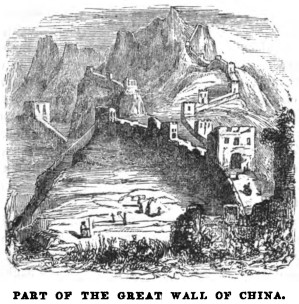
Wesleyan Methodist Missionary Society
Jeremy Grantham — Charlie Rose
Excerpt of a conversation on the global economy and the future of capitalism with Jeremy Grantham, Chief Investment Strategist at GMO:
07:04 Charlie Rose: Yes. And can you argue — can you make the argument that over the long run, whatever the long run is, those countries that don’t have a highly functioning democracy will be, in the long run, restrained, in terms of their prospects?
07:25 Jeremy Grantham: That’s certainly a widely-held view.
07:28 Charlie Rose: I know. (LAUGHTER)
07:30 Jeremy Grantham: And I have this view about capitalism, that it does millions of things better than other kind of top-driven —
07:46 Charlie Rose: Economic systems.
07:47 Jeremy Grantham: — economic systems. But, one or two things it does very badly, if it’s very long-term, capitalism is not really suited to that. They have this discount rate problem whereby anything that happens out 20 years doesn’t seem to matter.
08:04 Charlie Rose: Yes.
08:05 Jeremy Grantham: And the Chinese can deal with those problems much better. Today, the real threats tend to be long-term issues such as climate change or population. And how do you deal with these problems which are what economists call externalities, mainly? How do you deal with over-fishing? How do you deal with protecting the quality of your soil? There are societies, I think, can and are handling it much better. They respond to climate change much more quickly and more seriously than we do, and they have much greater respect for science. So I think the pendulum that was completely in favor —
08:56 Charlie Rose: Before you say that, they have a much greater respect for science.
09:00 Jeremy Grantham: Yes, they do. The Chinese regime before this one had nine out of the top 10 guys had PhDs. And so I went to a little trouble to find out how many PhDs we had in the whole of congress all the way up to the presidency. And the answer came back, maybe one and a half depending on how you view doctorates.
09:23 Charlie Rose: Yes.
09:24 Jeremy Grantham: This is a fairly tragic comparison.
09:25 Charlie Rose: It certainly is.
(continues here)
Source: Charlie Rose, Friday 07/28/2017

National Archives and Records Administration
Reflection questions (extrapolated to a societal context):
- What keeps our society/civilization from moving forward?
- What societal awareness would be supportive in this regard?
- What beliefs might keep us as a society &/or civilization from changing or going forward?

Atlas Santiago Toural
Courtesy of Luis Miguel Bugallo Sánchez
via Wikimedia Commons
“There is no such thing as society: there are individual men and women, and there are families.” ~ Margaret Thatcher
Atlas Shrugged Off the Wrong Load
by
Ayn Rand almost called her last novel The Strike, but felt that her magnum opus deserved a more symbolic, less descriptive title. She settled on Atlas Shrugged, as explained by this conversation between two of the book’s characters:
“Mr. Rearden,” said Francisco, his voice solemnly calm, “if you saw Atlas, the giant who holds the world on his shoulders, if you saw that he stood, blood running down his chest, his knees buckling, his arms trembling but still trying to hold the world aloft with the last of his strength, and the greater his effort the heavier the world bore down upon his shoulders—what would you tell him to do?”
“I… don’t know. What… could he do? What would you tell him?”
“To shrug.”
The image of the Titan Atlas shrugging off the weight of the world is directly linked to the book’s central theme. Atlas Shrugged (1957) is the dystopian fable of a future America destroyed by collectivism… (continues)
The Rockefeller Atlas, a (false) symbol for Objectivism
Statue of Atlas in Rockefeller Center on Fifth Avenue in New York City, opposite St. Patrick’s Cathedral.
Courtesy of Michael Greene via Wikimedia Commons
…This blog is about maps, and is not concerned with the literary or philosophical merits of Ayn Rand’s work. Yet there is a cartographic connection. The title of her book came to mind when we came across this image of Atlas – standing on the world rather than carrying it, propping up the heavens, not the earth.
This Atlas is an anti-version of our standard concept: the Atlas who carries the weight of the world, and is compelled to shrug off that burden by Rand. This Atlas is from the frontispiece of Frederik De Wit’s 150-map Atlas (Amsterdam, ca. 1688). His hands seem to clutch at a low ceiling. He looks like he’s uncomfortably wedged between the North Pole and the celestial dome above him. Is he pushing the sky up, or the world down?

From Frederik De Wit, Atlas Standing on Earth, Holding up the Heavens.
(Image in the public domain, at Wikimedia Commons)
To make the image even weirder, turn it on its head. Now Atlas is down and the world is up, as we imagine they should be. But the planet-lifter is face down, standing on his head. Balancing himself with his hands, he props up the earth with his feet like some circus act, or like Medieval scholars believed their antipodes to walk on the other side of the earth.

An ‘Antipodean’ Atlas.
Who was right, Ayn Rand or Frederik De Wit? Who is this Atlas character anyway?
I ask not for a lighter burden, but for broader shoulders.
~ Jewish Proverb

Façade de la Cathédrale St Patrick, et l’Atlas du Rockfeller Center
Courtesy of Jean-Christophe Benoist (via Wikimedia Commons)
S/he ain’t heavy…
His Holiness Pope Francis:
Why the only future worth having includes everyone – TED.com
“We have so much to do, and we must do it together,” the pope said during his nearly 18-minute talk.
PBS: The biggest takeaways from Pope Francis’ groundbreaking TED talk
Pope on care for creation
Laudato Si – Examination of Conscience
Pope Francis addresses Joint Session of Congress – FULL SPEECH (C-SPAN)
Sister Simone Campbell on Pope Francis in USA

“Understanding Laudato Si” Series
Bishop Barron on Pope Francis’ Encyclical “Laudato Si”
| The Garden of Eden with the Fall of Man | |
|---|---|
 |
|
Courtesy of Wikimedia Commons |
Peter Paul Rubens, Jan Brueghel the Elder |
King James Bible ~ Genesis 3:15
And I will put enmity between thee and the woman, and between thy seed and her seed; it shall bruise thy head, and thou shalt bruise his heel.
Carbon footprint
via Notnarayan
 E.K. Hunt’s “A Radical Critique of Welfare Economics” in Growth, Profits and Property, ed. Edward J. Nell (New York: Cambridge University Press, 1980), pp. 245-246:
E.K. Hunt’s “A Radical Critique of Welfare Economics” in Growth, Profits and Property, ed. Edward J. Nell (New York: Cambridge University Press, 1980), pp. 245-246:
The Achilles heel of welfare economics is its treatment of externalities. … In a market economy any action of one individual or enterprise which induces pleasure or pain to any other individual or enterprise and is under or over priced by a market constitutes an externality. Since the vast majority of productive and consumptive acts are social, i.e., to some degree they involve more than one person, it follows that they will involve externalities … If we assume the maximizing economic man of bourgeois economics, and if we assume the government establishes property rights and markets for these rights whenever an external diseconomy is discovered [the preferred ‘solution’ of the conservative and increasingly dominant trend within the field of public finance], then each man will soon discover that through contrivance he can impose external diseconomies on the other man, knowing that the bargaining within the new market that will be established will surely make him better off. The more significant the social cost imposed upon his neighbor, the greater will be his reward in the bargaining process. It follows from the orthodox assumption of maximizing man that each man will create a maximum of social costs which he can impose on others. Ralph d’Arge and I have labeled this process ‘the invisible foot‘ of the laissez faire … market place. The ‘invisible foot‘ ensures us that in a free-market … economy each person pursuing only his own good will automatically and most efficiently, do his part in maximizing the general public misery. … To paraphrase a well-known precursor of this theory: Every individual necessarily labors to render the annual external costs of the society as great as he can. He generally, indeed, neither intends to promote the public misery nor knows how much he is promoting it. He intends only his own gain, and he is in this, as in many other cases, led by an invisible foot to promote an end which was no part of his intention. Nor is it any better for society that it was no part of it. By pursuing his own interest he frequently promotes social misery more effectually than when he really intends to promote it.
Note the chair at opening of this Interview (w/ Quilt)!
Before Manliness Lost Its Virtue – The New York Times
Vladimir Putin Shirtless on Vacation, Fishing for a Compliment
Say Anything — Be a Man
Sisyphus Undeterred
TEDxPSU – Michael Mann – A Look Into Our Climate: Past To Present To Future
Michael Mann — The Hockey Stick and the Climate Wars
NYT: How G.O.P. Leaders Came to View Climate Change as Fake Science
GOP rep: If climate change is real, God will ‘take care of it’ | TheHill
What people get wrong about climate change
“All that is necessary for the triumph of evil is that good men do nothing.” ~ Edmund Burke
WaPo: Republicans’ inverse evolution on climate change, as told by 3 presidential candidates
Krugman: Axis of Climate Evil
Republicans want to fight climate change, but fossil-fuel bullies won’t let them – Washington Post
Excerpt:
…Republicans are not idiots. On the Senate Armed Services Committee, they hear the military warn of climate change as a catalyst of conflict and a threat to low-lying military bases such as Norfolk and Diego Garcia. At their home-state universities, they see climate science in action. Those with coasts see sea levels rising and fisheries going awry; those with forests see pine beetles spreading and wildfires raging; those with farms see unprecedented drought and unprecedented cloudbursts. Republicans hear about climate science from national laboratories and national science and health organizations. They see overwhelming polling numbers showing young voters — even young Republican voters — in favor of climate action.
Republicans are trapped. The merciless might of the fossil-fuel industry’s new post-Citizens United political armaments is directed at them. After I gave a speech about the hoodlum politics of the fossil-fuel industry, a Republican friend approached me on the Senate floor and said: “What the hell are you complaining about? They’re spending more against us than they are against you!” I suspect they were at the time. The fossil-fuel industry knew that if it could bring a political party to heel, it could use that party to block progress… (continues)
Why Republicans Still Reject the Science of Global Warming – Rolling Stone
The G.O.P. Can’t Ignore Climate Change – NYTimes.com

Can People Change After Middle Age? – The New York Times
NPR: Why We Are Naively Optimistic About Climate Change
Gleiser’s Conclusion: ” …Perhaps it will be those who are now 10-years-old that will fix this, knowing that their elders messed it up for them. Shame on us.” (emphasis, mine own)
Marcelo Gleiser is a theoretical physicist and writer — and a professor of natural philosophy, physics and astronomy at Dartmouth College
We’re Gonna Be Sorry – The New York Times
Thomas L. Friedman: …We’ve basically decided to keep pumping greenhouse gases into Mother Nature’s operating system and take our chances that the results will be benign — even though a vast majority of scientists warn that this will not be so. Fasten your seat belts. As the environmentalist Rob Watson likes to say: “Mother Nature is just chemistry, biology and physics. That’s all she is.” You cannot sweet-talk her. You cannot spin her. You cannot tell her that the oil companies say climate change is a hoax. No, Mother Nature is going to do whatever chemistry, biology and physics dictate, and “Mother Nature always bats last, and she always bats 1.000,” says Watson. Do not mess with Mother Nature. But that is just what we’re doing…

Courtesy of Wikimedia Commons
Laura London
Complexes, like planets, have their own atmosphere and are forever casting penumbras over each other. ~James Hollis, Jungian analyst 🍎— Laura London (@jungianLaura) August 3, 2017
The Eden Project by James Hollis, Ph.D
Global_Warming_Predictions_Map
(Courtesy of Robert A. Rohde via Wikimedia Commons)

Rosencrantz: I don’t believe in it anyway.
Guildenstern: What?
Rosencrantz: England.
Guildenstern: Just a conspiracy of cartographers, then?
― Tom Stoppard, Rosencrantz and Guildenstern Are Dead
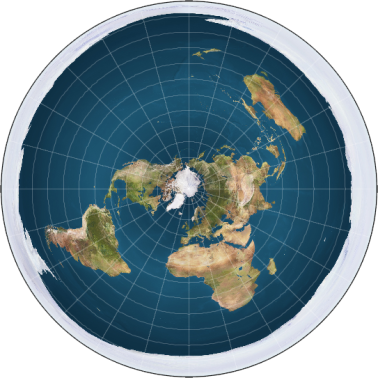
Peter Sinclair — Communicating Climate Science in the Disinformation Era

Appreciative tweet(s) via David Wallace-Wells referencing climate scientists:
I do want to say a few more words, though, about good faith.
— David Wallace-Wells (@dwallacewells) July 14, 2017
The response has been remarkably positive, but, as anyone reading these tweets knows, there has also been some pushback from scientists.
— David Wallace-Wells (@dwallacewells) July 14, 2017
I want to be extremely careful talking about that, because I admire these people, including those who have criticized me, an enormous amount
— David Wallace-Wells (@dwallacewells) July 14, 2017
Climate change is a terrifying threat to the way we live on this planet, and these are the people to thank for that knowledge.
— David Wallace-Wells (@dwallacewells) July 14, 2017
Their knowledge, and their work, enables us to act. Without their insights and their guidance, we’d be truly flying blind.
— David Wallace-Wells (@dwallacewells) July 14, 2017
In a very literal sense, we have them to thank for the lives of our children and grandchildren.
— David Wallace-Wells (@dwallacewells) July 14, 2017
Many climate scientists have also, admirably, spent their lives as part-time advocates…
— David Wallace-Wells (@dwallacewells) July 14, 2017
…hoping that the public would pay more attention to the threats they saw first.
— David Wallace-Wells (@dwallacewells) July 14, 2017
Thread continues here
Socrates Cafe | Socratic Inquiry for an Inclusive, Participatory Society

Courtesy of Richard Hertwig
The four stations of the Spiral as a form of self-inquiry/connection…
Work That Reconnects Network — Take part in the healing of our world!
Courtesy of www.joannamacy.net
-
opening to gratitude,
-
owning our pain for the world,
-
seeing with new eyes,
-
going forth.
Nature. Beauty. Gratitude – Louie Schwartzberg
Facing the Mess We’re In Without Going Crazy
Excerpt from Terry Patten blog post (on his interview with Joanna Macy): I began our dialog by expressing my appreciation for the fact that she begins with gratitude, which is, I think, the foundation of sanity. Joanna responded by saying that she used to view gratitude as somewhat sentimental or even Pollyanna-ish and sweet. But she’s come to realize that within our consumerist culture, gratitude is actually a politically subversive act. “Because the engine that drives late capitalism is dissatisfaction and craving…it’s a revolutionary act to be thankful for what you are and what you have in this moment.”
Gratitude as a Revolutionary Act
Exploring Joanna Macy‘s work by way of open sentences…
“This exercise provides a swift and easy way for people to voice their inner responses to the condition of our world. Its structure helps people listen with total receptivity and to express thoughts and feelings that are usually censored for fear of comment or adverse reaction. The sequence of the sentences usually moves from thoughts and views to feelings.”
~ Joanna Macy and Molly Young Brown, Coming Back to Life
Open Sentences – The Work That Reconnects
This process is done in pairs, according to instructions given for Open Sentences in Chapter 7 of Coming Back to Life (p. 98). You may well want to invent your own open sentences:
“Some things I love about being alive on the earth are…”
“A place that was magical to me as a child was…”
“A person in my life who helped me believe in myself is/was…”
“Some things that I appreciate about myself are…”
Gratitude: Louie Schwartzberg at TEDxSF
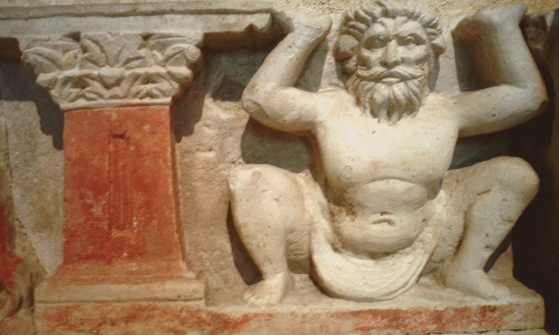
“Things I love about our world include…”
“Concerns I have about our world include…”
“A perspective I find inspiring or refreshing is…”
“Steps I can take to participate in the Great Turning include…”
“To be alive in this beautiful, self-organizing universe — to participate in the dance of life with senses to perceive it, lungs that breathe it, organs that draw nourishment from it — is a wonder beyond words.” ― Joanna Macy
Coming Back to Life by Joanna Macy

Read the first chapter here.
Chapter 7 ~ Despair Work: Owning and Honoring Our Pain for the World
“Zen poet Thich Nhat Hanh was asked, “What do we need to do to save our world?” His questioners expected him to identify the best strategies to pursue in social and environmental acton, but Thich Nhat Hanh’s answer was this: “What we most need to do is to hear within us the sounds of the Earth crying.” In despair work, that is what we do: we uncover our pain for the world, and honor it. We bring to awareness our deep inner responses to the suffering of our fellow beings and the progressive destruction of the natural world, our larger body. These responses include dread, rage, sorrow, and guilt. They are healthy and inevitable– and usually blocked by the pressures of daily life and fear of being overwhelmed by despair. Now, in this first stage of the Work that Reconnects, they are allowed to surface without shame or apology…” Joanna Macy and the Great Turning
Joanna Macy on Uncertainty
“It’s that knife edge of uncertainty where we come alive.”
“I see such promise in the human heart and at the same time I see such tragedy. And, so, my heart breaks over and over.”
“There is no private salvation.” ~ Joanna Macy
Breathing Through – The Work That Reconnects
Joanna Macy: “The pain is the price of consciousness in a threatened and suffering world. It is not only natural, it is an absolutely necessary component of our collective healing. As in all organisms, pain has a purpose: it is a warning signal, designed to trigger remedial action. The problem, therefore, lies not with our pain for the world, but in our repression of it. Our efforts to dodge or dull it surrender us to futility — or in systems’ terms, cut the feedback loop and block effective response.”
For more about Joanna Macy and her work, her site is a great starting point (and this interview is helpful too).
“The heart that
breaks open can
contain the
whole universe.”
― Joanna Macy
The Wild Geese: Joanna Macy on befriending our despair on Vimeo
Confronting Despair in an Age of Denial – with Joanna Macy | EcoLabs
This is a blog about strong emotions and how these impact our actions. I was inspired to write it by my encounter with ecopsychologist, Buddhist scholar and activist Joanna Macy – a woman who has pioneered working with despair since the 1970s. Despair in this blog will refer to a combination of feelings including grief, anger, powerlessness and fear.
It is not surprising for me that despair is so common to people in my periphery. Those attempting to confront injustices are fighting an uphill battle in this political context. Meanwhile, we witness with horror the ineffectiveness of our work as disaster capitalism continues to be so reckless with the climate, the rest of the environment and the wellbeing of the vast majority.
Despair is practically endemic amongst those who make time to notice poverty in an age of plenty, unnecessary wars, climate change, unprecedented species extinctions, the state of the oceans, forests, fresh water – amongst a plethora of other crises. The next problem then becomes how we cope with this information. Considering despair in all its various manifestations – how can we keep it from being debilitating? (continues)
FYI ~ Environment & Natural Resources: Free Online Courses
From Climate Despair to Direct Action
Additional interactive exercises (via Miki Kashtan):
1. Despair
a. Where does despair block you from full power in your work?
b. How can you support each other in facing and embracing the despair to find the core of care in it?
2. Judgments
a. What judgments of others do you have that interfere with your ability to reach and connect with them?
b. How can you support each other in transforming those judgments and opening your hearts?
3. Creating Change
a. In terms of lining up with the goals and vision you have for yourself and for your projects, where are you in relation to the steps of change? Are you aware enough of alternatives? Do you have sufficient trust in your capacity to create the change? Are you afraid to step forward even though you have clear ideas about how to move?
b. How can you support each other in moving forward towards change?
Follow Miki via Twitter:
@MikiKashtan

Courtesy of Lalupa via Wikimedia Commons
Roger Cohen – The New York Times
The Desperation of Our Diplomats
Why is Trump hollowing out the State Department?

Courtesy of Lalupa via Wikimedia Commons
On democratic backsliding…
The decline of American democracy won’t be televised
Vox: How the Republican Party went from Lincoln to Trump
Rhiannon Giddens: Songs that bring history to life | TED Talk
Vox: Fom white supremacy to Barack Obama:
The history of the Democratic Party

Courtesy of Edwin Levick
Why Emma Lazarus’s Iconic Poem “The New Colossus” is Under Attack







